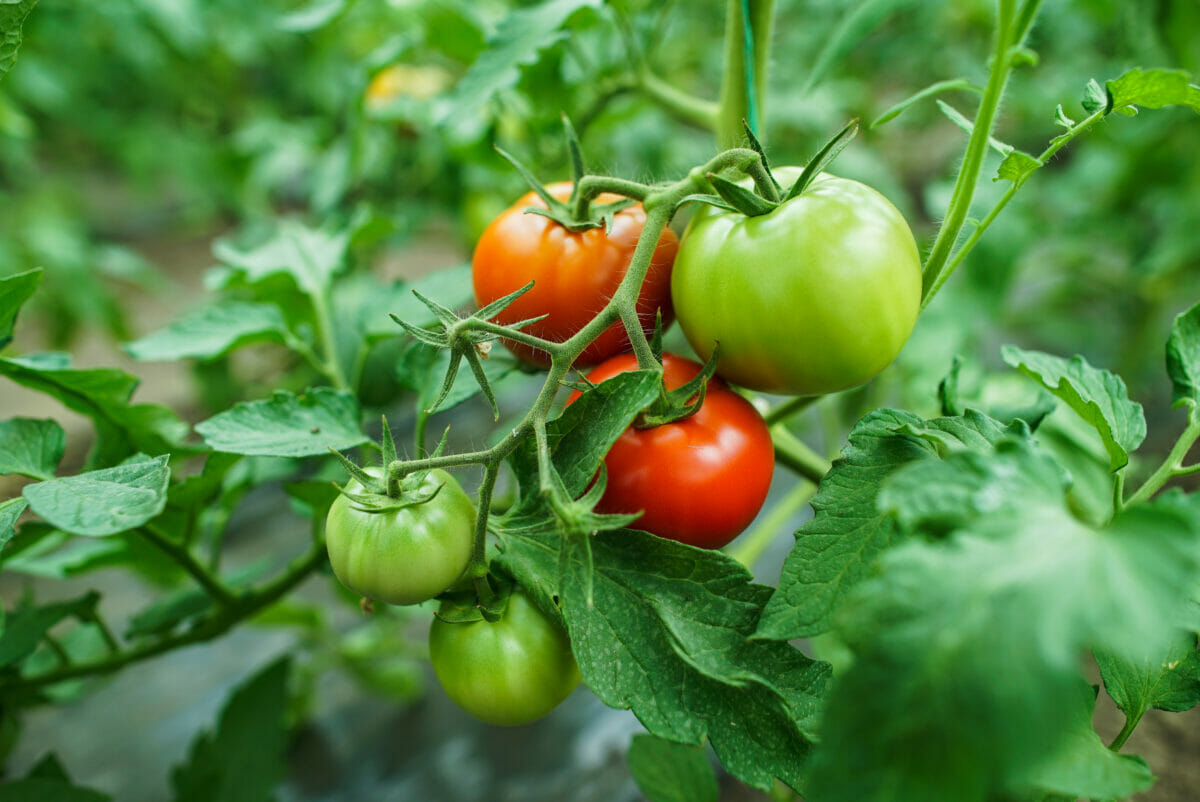Researchers from several universities are banding together to launch a center to study plant communication.

Plant communication is an emerging field; plenty of research indicates that plants are able to “speak” with other plants, with other parts of themselves, with microbes and with predators. Their communication isn’t like ours, but that doesn’t mean plants aren’t giving and receiving information all the time. A new grant from the National Science Foundation will go toward creating a center that will study what researchers are calling “digital biology.”
The grant, which comes in at $25 million over five years, will fund the Center for Research on Programmable Plant Systems, helpfully abbreviated as CROPPS. The center will be led by researchers from Cornell University, the University of Illinois Urbana-Champaign and the University of Arizona.
At its core, this “digital biology” is focused on creating technologies that can enable two-way communication between humans and plants. That will involve figuring out how plants interact with their environments, and then further figuring out a way to collect and interpret those interactions. Then, theoretically, researchers could use that data to provide whatever the plant is “asking” for.
This sort of research is all the more pressing in light of climate change. “We need to accelerate the natural process of evolution because climate change has disrupted plants’ ability to ‘read’ the environment,” said Susan McCouch, the new director of CROPPS, in a Cornell University press release. Learning more about what plants need could be vital to enabling crops to survive and thrive in a rapidly changing world, whether that’s more or less heat, fertilizer, water, pest control or all the other factors with which plants contend every day.
First up for CROPPS will be installing all kinds of high-tech sensing equipment; Cornell University lists nanoscale sensors that go inside a plant’s leaf to detect water needs, as well as signals from a plant’s root that could automatically be fed to internet-connected software.
I’ve been ‘listening’ to plants for decades
we who grow know this-it’s ancient knowledge-Damanhur has worked with this forever-Perelandra work, on and on-go mainstream with this goodness!